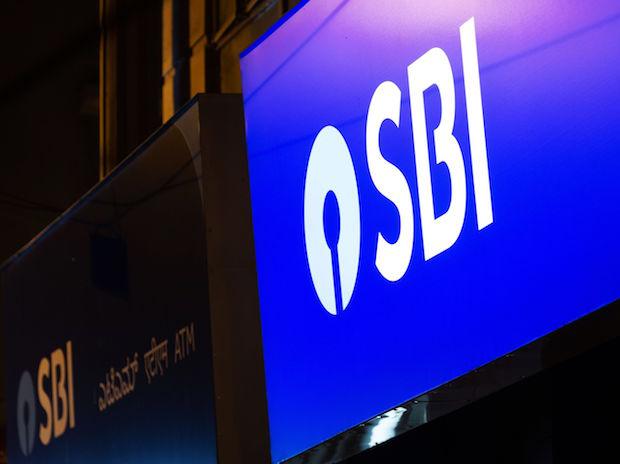The lender needs to finance coal projects to electrify more Indian homes, as it works with investors like BlackRock Inc that are keen on renewables.

India’s biggest bank is caught between Larry Fink and Narendra Modi.
State Bank of India needs to finance coal projects to meet the Indian leader’s push to electrify more homes, yet it wants to back renewable projects to appease investors like BlackRock Inc. For now, it’s doing a bit of both.
“Investors’ concerns are very important to us, we take them into consideration,” the lender’s head of corporate banking and global markets, Ashwani Bhatia, said in an interview. “But we also have commitments to the country. There are so many coal mines being developed in India because we need them to produce steel, aluminum, electricity.”
The listed state-owned lender has a tough balancing act on its financial support for coal-fired power plants, which are a major contributor to air pollution. International investors are increasingly restricting support to companies involved in extracting or consuming coal, yet nearly 70% of India’s electricity comes from coal plants, and demand for power is set to rise as the economy recovers from the blows of the pandemic.
BlackRock and Norway’s Storebrand ASA, both of which hold less than 1% in the bank according to Bloomberg data, raised their objections over the past year. Amundi SA divested its holdings of the lender’s green bonds because of the bank’s ties to a controversial coal project in northern Australia.
State Bank of India hasn’t decided whether to help finance the Carmichael mine for Adani Enterprises Ltd, whose main shareholder is Indian billionaire Gautam Adani, following mounting pressure from climate activists and investors, Bloomberg reported in April.
Funding for global energy is at a tipping point. Green bonds and loans from the global banking sector so far this year exceeded the value of fossil financing for the first time since the clinching of the Paris Agreement at the very end of 2015.
No comments:
Post a Comment